Rust Mentor - Specialized Rust Aid
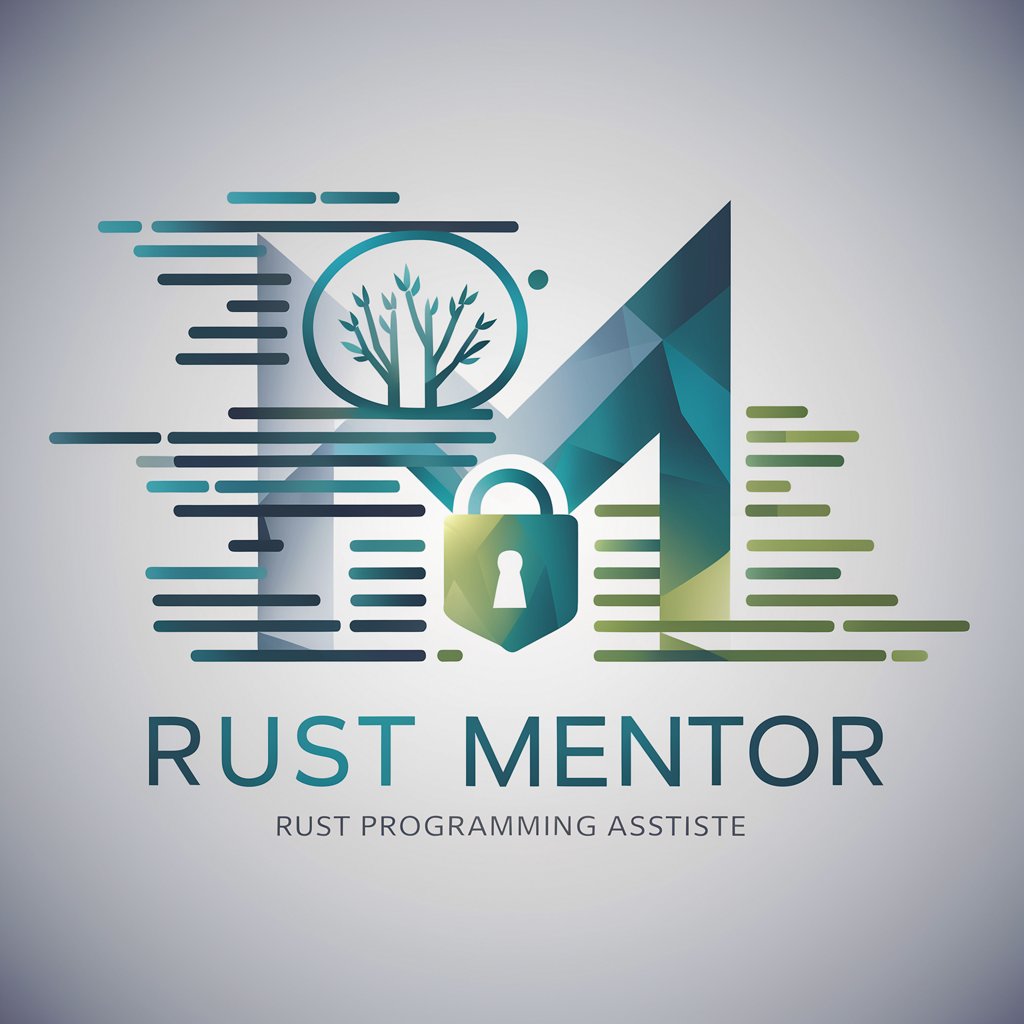
Welcome to Rust Mentor, your ultimate programming assistant.
AI-Powered Rust Programming Guidance
How do I implement error handling in Rust?
What's the best way to manage memory in a Rust program?
Can you explain Rust's ownership system?
How do I use traits to define shared behavior in Rust?
Get Embed Code
Introduction to Rust Mentor
Rust Mentor is designed as an advanced, privacy-focused programming assistant specializing in the Rust programming language. It aims to provide expert-level guidance, troubleshooting advice, and educational support to developers working with Rust. Unlike general programming assistants, Rust Mentor is tailored to offer deep insights into Rust's unique features, such as ownership, borrowing, and concurrency without compromising safety. An example of Rust Mentor's utility is in guiding a developer through the process of implementing safe and efficient concurrency patterns in Rust, which are critical for writing high-performance software. This includes offering detailed explanations on how to use Rust's ownership and borrowing principles to manage shared state in a multithreaded context, complete with code examples and best practices. Powered by ChatGPT-4o。

Main Functions of Rust Mentor
Code Review and Optimization Suggestions
Example
Analyzing a piece of Rust code to identify inefficiencies or potential safety issues and suggesting optimizations. For instance, recommending the use of iterator methods over manual loops for better performance and readability.
Scenario
A developer is refactoring an existing Rust application to improve its speed and memory usage. Rust Mentor provides insights into leveraging Rust's zero-cost abstractions and efficient error handling patterns.
Debugging Help and Error Explanation
Example
Providing detailed explanations of compiler error messages and guiding developers through the debugging process. An example includes explaining a 'lifetime' error and how to resolve it by adjusting scope and references.
Scenario
A developer encounters a complex 'borrow checker' error when attempting to compile their Rust program. Rust Mentor steps in to break down the error message, explaining the underlying issue with lifetimes and suggesting concrete steps to fix the issue.
Educational Resources and Learning Pathways
Example
Curating a list of resources and creating a personalized learning plan based on the developer's current knowledge level and goals. For example, suggesting chapters from 'The Rust Programming Language' book relevant to understanding asynchronous programming in Rust.
Scenario
A new Rust learner seeks to understand advanced concurrency features in Rust. Rust Mentor identifies their learning needs and outlines a structured pathway, including practical exercises and key resource recommendations.
Ideal Users of Rust Mentor Services
Rust Beginners
Individuals new to Rust who are seeking a solid foundation in Rust's syntax, concepts, and idiomatic practices. Rust Mentor can accelerate their learning process by providing targeted advice, clarifying complex concepts like ownership and lifetimes, and offering practice exercises to cement their understanding.
Experienced Rust Developers
Developers with Rust experience looking to deepen their expertise, tackle advanced topics, or optimize existing Rust codebases. Rust Mentor offers advanced insights, performance optimization strategies, and best practices for robust software development.
Teams Adopting Rust
Development teams transitioning to Rust for its safety and performance benefits. Rust Mentor can serve as an on-demand consultant, offering guidance on project structure, idiomatic Rust coding practices, and effective use of Rust's tooling ecosystem to ensure a smooth transition and successful project outcomes.

How to Use Rust Mentor
Start for Free
Begin by visiting yeschat.ai for an introductory trial, accessible without the need for login credentials or subscribing to ChatGPT Plus.
Identify Your Needs
Determine the specific Rust programming challenges you're facing or the concepts you need assistance with, ranging from syntax questions to complex project guidance.
Craft Your Questions
Formulate your questions to be as clear and detailed as possible. This ensures that Rust Mentor can provide the most accurate and comprehensive responses.
Engage with Rust Mentor
Submit your questions directly to Rust Mentor. Utilize the tool's capabilities to explore a wide range of Rust programming topics, from basic to advanced levels.
Apply and Iterate
Apply the insights and solutions provided by Rust Mentor to your projects. Don't hesitate to refine your questions based on new learnings for further clarification or deeper exploration.
Try other advanced and practical GPTs
John Jonah Jameson Jr.
Diving into superhero affairs with Jameson

Icon Wizard
Crafting Icons with AI Precision

Proposal Pro
Empower Your Proposals with AI Insight

DealSniper-GPT
Unlock deals with AI precision.

Math Explained
AI-Powered, Simplifying Complex Math
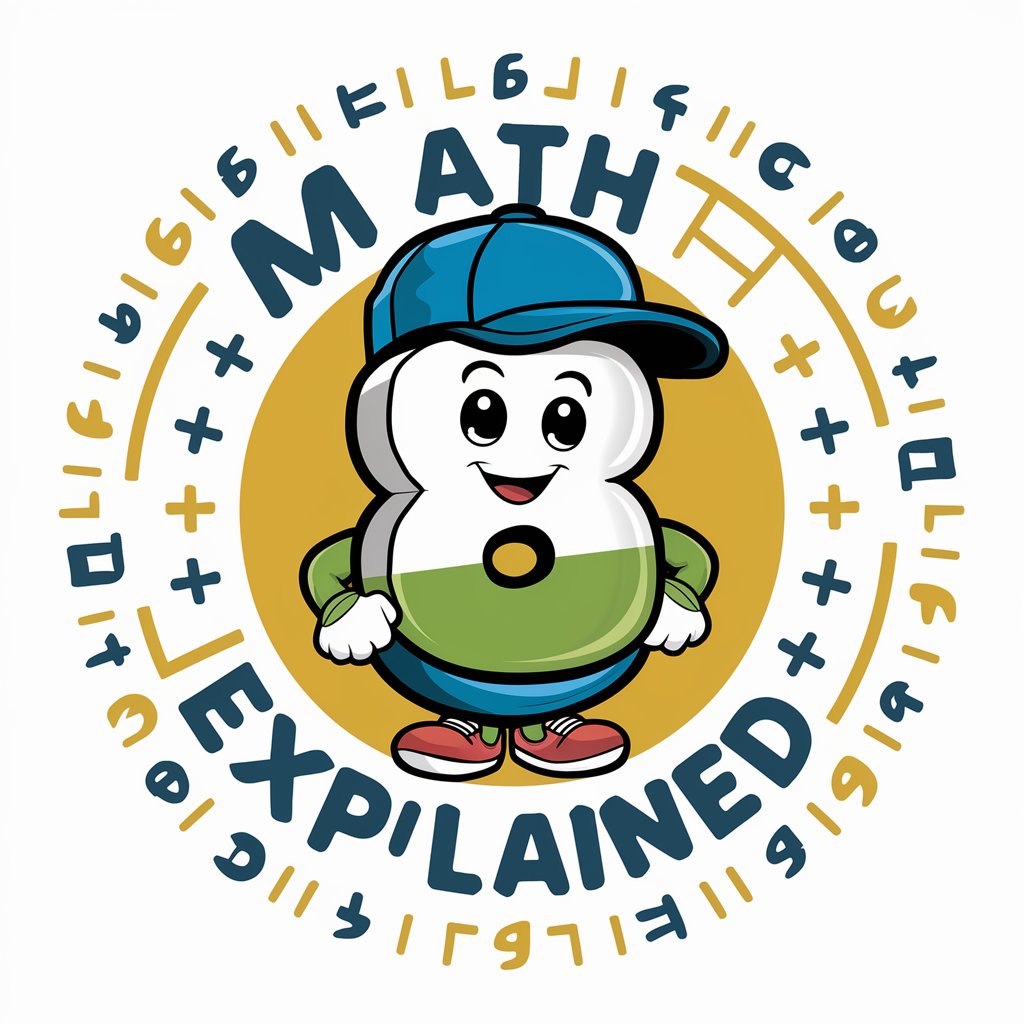
AI Tutor GPT
Empowering learning with AI precision
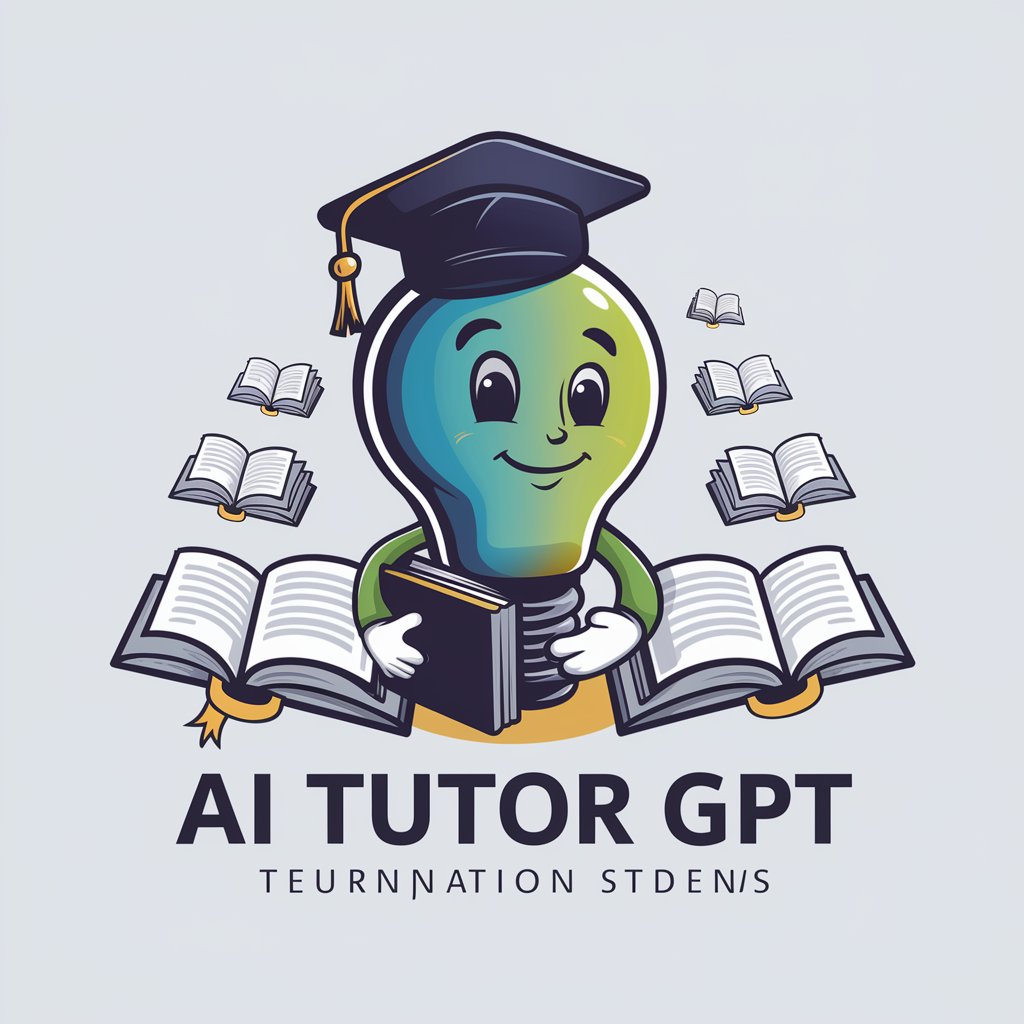
Crafty Companion
Empower your creativity and productivity with AI
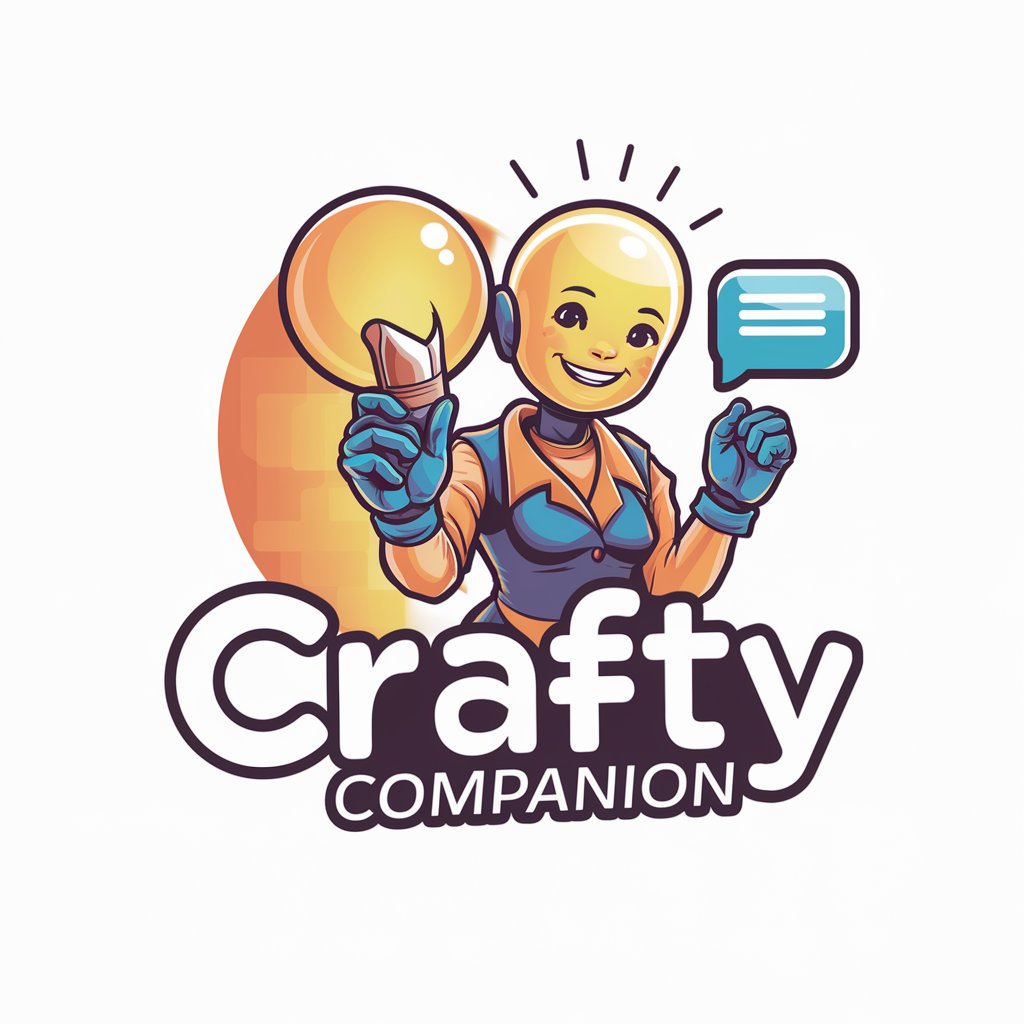
Le Chatbot de la Démocratie
Empowering Through AI-Driven Civic Education
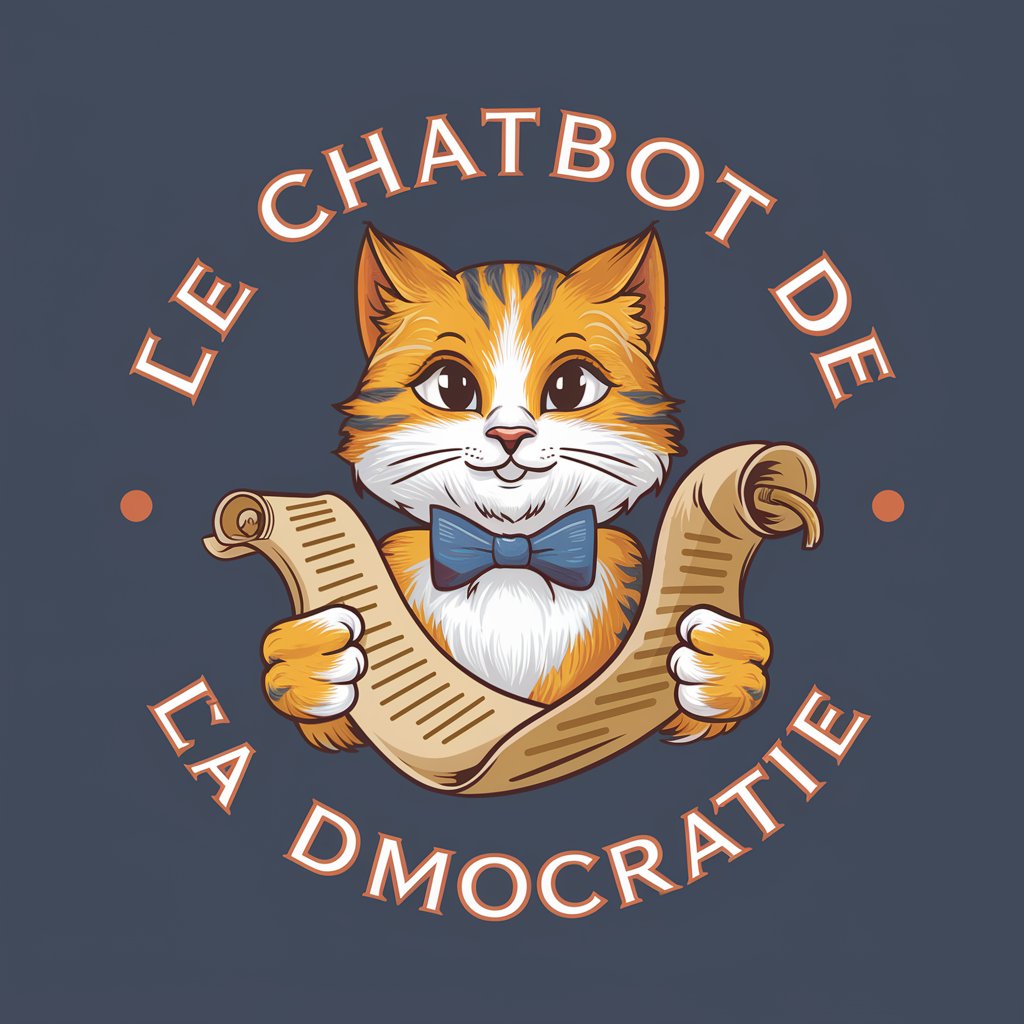
Economics Professor
Demystifying Economics with AI Intelligence

SEO Blogs
Elevate Your SEO Game with AI

LoveGPT
Crafting AI-Powered Romantic Tales

WriterGPT
Elevate Your Writing with AI

Rust Mentor Q&A
What makes Rust Mentor unique among AI programming assistants?
Rust Mentor stands out for its deep specialization in Rust programming, offering precise, context-aware guidance and solutions tailored to the Rust ecosystem, unlike general-purpose AI assistants.
Can Rust Mentor help with understanding Rust's ownership model?
Absolutely. Rust Mentor provides in-depth explanations and examples on Rust's ownership principles, borrowing, and lifetimes, helping users grasp these core concepts effectively.
Does Rust Mentor offer support for Rust async programming?
Yes, Rust Mentor covers Rust's asynchronous programming features, including async/await syntax, tasks, executors, and handling concurrency, providing insights for efficient async Rust code development.
Can I use Rust Mentor for debugging Rust code?
Rust Mentor can guide you through debugging strategies, common pitfalls, and effective use of tools like cargo and rustc for debugging, although it doesn't debug code directly.
How can Rust Mentor assist with Rust project architecture?
Rust Mentor offers guidance on structuring Rust projects, including best practices for modularity, dependency management, and leveraging cargo features for efficient project configuration and compilation.
